Products for KMS activation
Key Management Service (KMS) is a Microsoft solution for managing and activating license keys for certain Microsoft products, including Windows and Office. With KMS, organizations can install volume licensed copies of Microsoft software within their network and have them activated using automated KMS servers instead of entering product keys for each computer.
The KMS server is set up on the organization’s local network and issuing activations to client computers that connect to it. The KMS server must be periodically reactivated with Microsoft to renew the activations. This activation renewal typically occurs every 180 days.
The main benefits of using KMS for activation is that it eliminates the need to enter product keys for each install, allows for easy activation of many computers on a network, and reduces administrative overhead since the KMS server handles activation rather than the individual users. Additionally, KMS enables some enterprise-focused features not available in retail versions of Microsoft software.
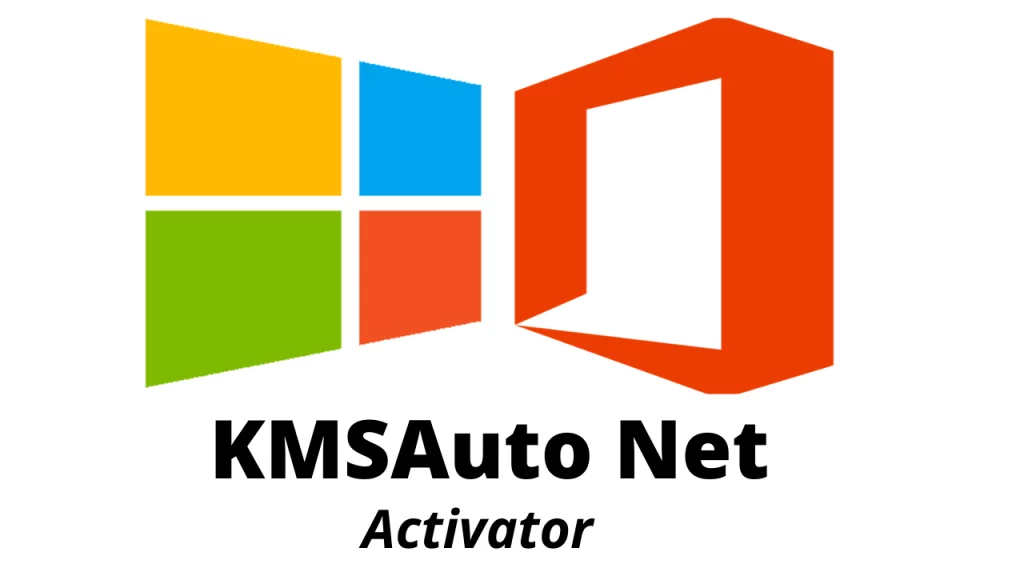
Technical characteristics KMS Activate Server
- Leverages automated DNS publishing and discovery for clients to find KMS host
- Activation is done via encoded packets exchanged between client and host
- Clients must activate every 180 days and reconnect to renew activation
- KMS can activate Windows, Office, SQL Server, and other Microsoft products
- Can activate both physical and virtual machines as clients

Features
- Automated activation – KMS allows automated activation of Microsoft products without entering individual product keys. The KMS server activates clients.
- Centralized management – Admins can manage product keys and activation from a central KMS host rather than individual PCs.
- Reduced costs – Volume licensing via KMS is cheaper than individual licenses for organizations.
Versions KMS Server
- KMS 4.0 – Released with Windows Server 2016. Enabled activation of Windows 10 Enterprise and Office 2019.
- KMS 5.0 – Introduced with Windows Server 2019. Added support for Kubernetes activation and other new Microsoft products.
- KMS 6.0 – Latest version launched with Windows Server 2022. Supports activating Windows 11 and newer releases of Microsoft software.
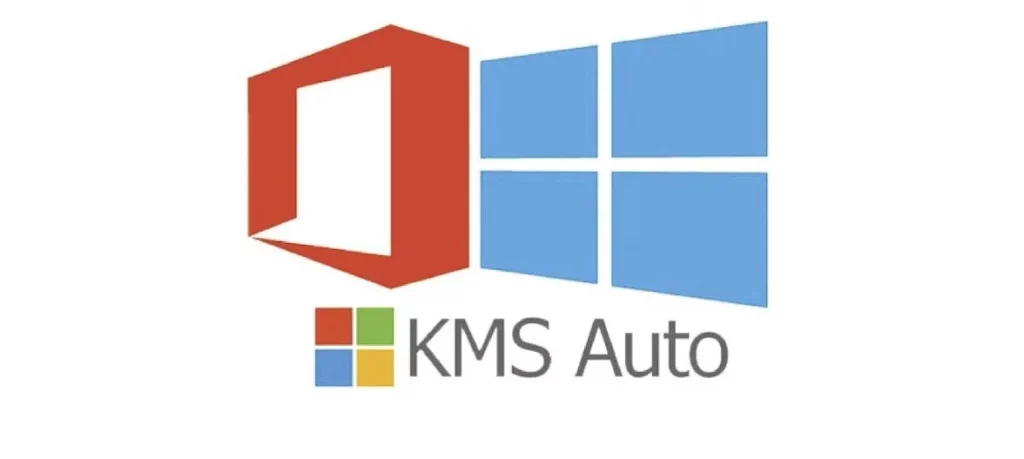
System Requirements KMS activation
- Operating System – Must be Windows Server OS like Server 2008 R2 or newer. Cannot run on Windows desktop OS.
- Hardware – Minimum 1.4 GHz 64-bit CPU, 2 GB RAM, 10 GB storage. Faster processors recommended for performance.
- Networking – Static IP address required. Should be accessible on TCP port 1688 from client PCs.
- Server Role – KMS is installed via “Key Management Service” server role on Windows Server.
How to download
- Step
Open Server Manager on your Windows Server and add the “Key Management Service” role. Check required features.
- Step
Configure KMS. Specify a name, activation interval, client settings. Set the KMS key and service account.
- Step
Open firewall ports. Add rules to allow connections on TCP 1688 for KMS activation traffic.
- Step
Install the KMS host. Once configured, install the Key Management Service. This will activate the KMS host itself.
- Step
Activate clients. Download and install Microsoft products on PCs that will be KMS clients. Have them connect to the KMS host to activate.
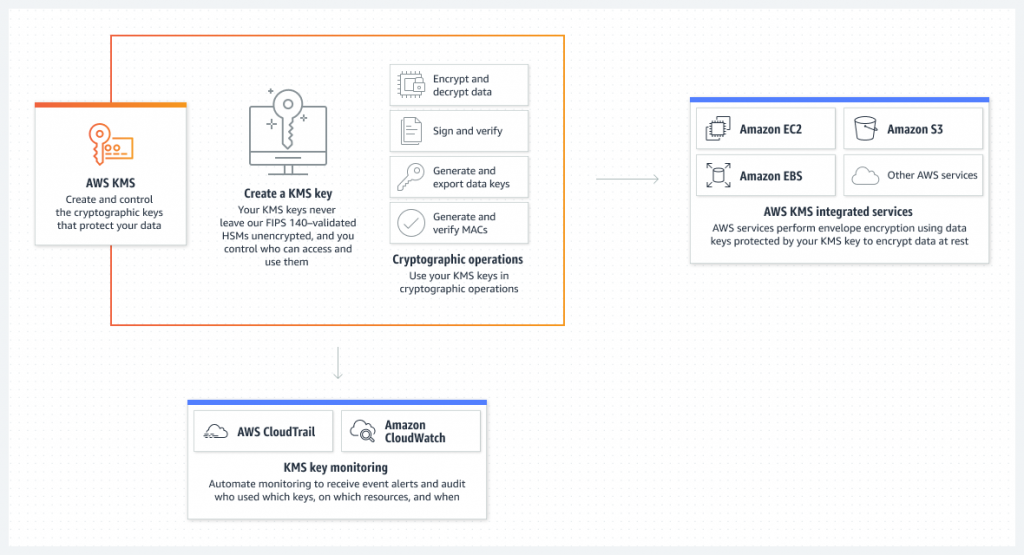
Activation of Windows 10 OS
- On Windows 10 clients, go to Settings > Update & Security > Activation and change the activation method to ‘Active Directory-based activation’.
- The clients will now automatically try to activate against the KMS server on your network.
- Windows 10 checks in with the KMS server every 7 days to renew activation.
- The KMS server must renew its activation with Microsoft every 180 days.
- No product key entry is required on each Windows 10 machine when using KMS activation.
- KMS activation works for both Windows 10 Pro and Enterprise editions.
- You can configure firewalls, ports, DNS settings to ensure clients can find the KMS server.
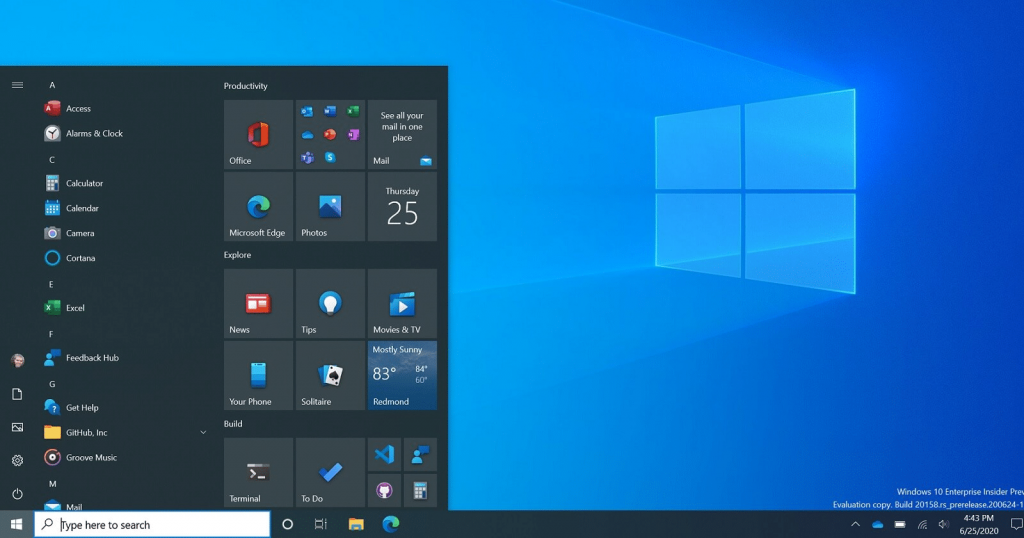
Alternatives Key Management Service (KMS) Server
- Open source/free software – Using alternatives like Linux, LibreOffice avoids need for activation. But may cause compatibility issues.
- Legacy servers – Older products like Windows Server 2003 relied on OEM pre-activation. Limited functionality.
- Self-hosted KMS – Creating a custom KMS-like server that activates clients. Difficult to implement legally.
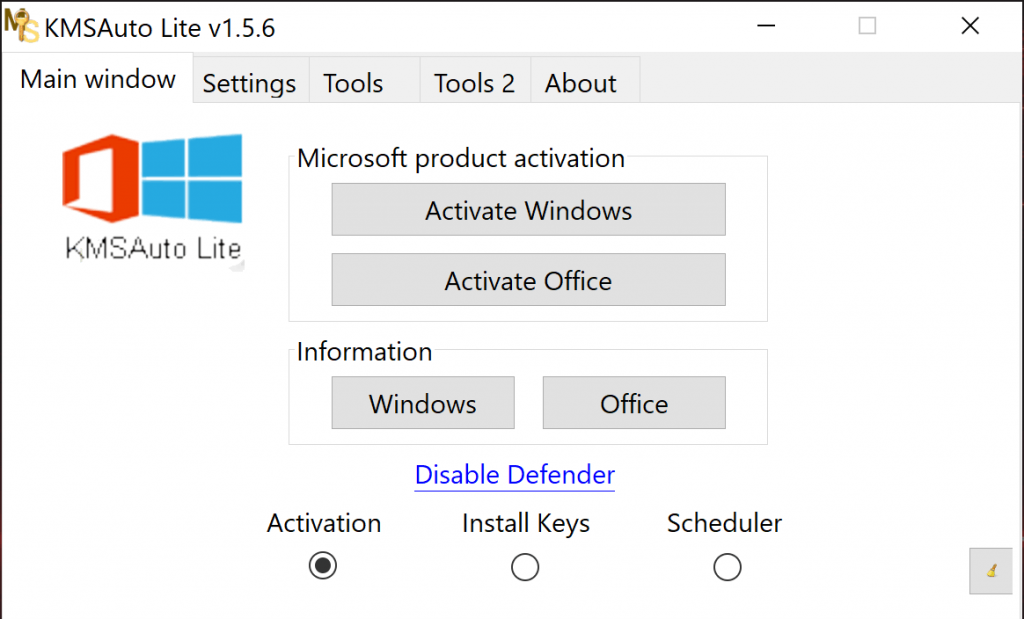
FAQ
A: KMS is a Microsoft solution that allows automated volume activation of Microsoft products like Windows and Office within an organization.
A: A KMS host server activates client machines on a network for up to 180 days. Clients then automatically renew activation transparently by contacting the KMS host again.
A: KMS enables centralized management of volume licenses, reduces costs through volume licensing, and automates activation without entering product keys on each device.
Conclusion
In conclusion, the kms host key for the activate server on Windows Server 2012 R2 version of Windows Server is an essential component of the activation process. By using volume activation services, the new kms gvlk key can be installed on a running Windows Server running the volume activation services role.

This generic volume license key allows for the activation of a specific edition of Windows Edition that the user wants to activate. Whether it is the Windows Server or a different edition of Windows, the kms host key serves as the activation server.
Additionally, the kms host key can also activate Microsoft Office products. It is important to note that the new kms host key can be obtained from the Microsoft Volume Licensing Service Center.
![Download Key Management Service (KMS) Server To Activate Windows & Microsoft Products Free With No Charges, No Need For Product Key, and No Activation Fee, Latest Version [2023] Tech Mine All Soft](https://techaminesoftreview.com/wp-content/uploads/2023/09/techamine-302x97.jpg)